As spring semester gradually picks up the pace, there are many things to think about depending on your class year. As a senior, you might be thinking about your thesis deadline that is quickly approaching. Juniors might be focused on their Junior Papers. First-year students are preoccupied with mastering a new semester they’ve never experienced. Sophomores have a whole different challenge to tackle: major declaration (check out related posts here and here).
Research Support Beyond Your Adviser
I love my spring JP adviser. For one, he knows the biggest challenge of independent work is avoiding procrastination. As such, he’s preemptively strict with me on deadlines—pushing me to work on my JP for twenty minutes every day, and to meet with him at least twice a month to report on my progress. When we meet, he asks difficult questions, and provides incisive feedback.
However, like any adviser, there is a limit to what he can provide. My JP project—which focuses on a series of maps produced in twentieth-century Yiddish memorial books— is actually quite distant from his area of expertise. He researches early modern Europe, a period nearly five hundred years before my topic’s. Additionally, I want my JP to engage with scholarship outside of the conventional boundaries of my discipline—particularly memory studies and theories of urbanism.
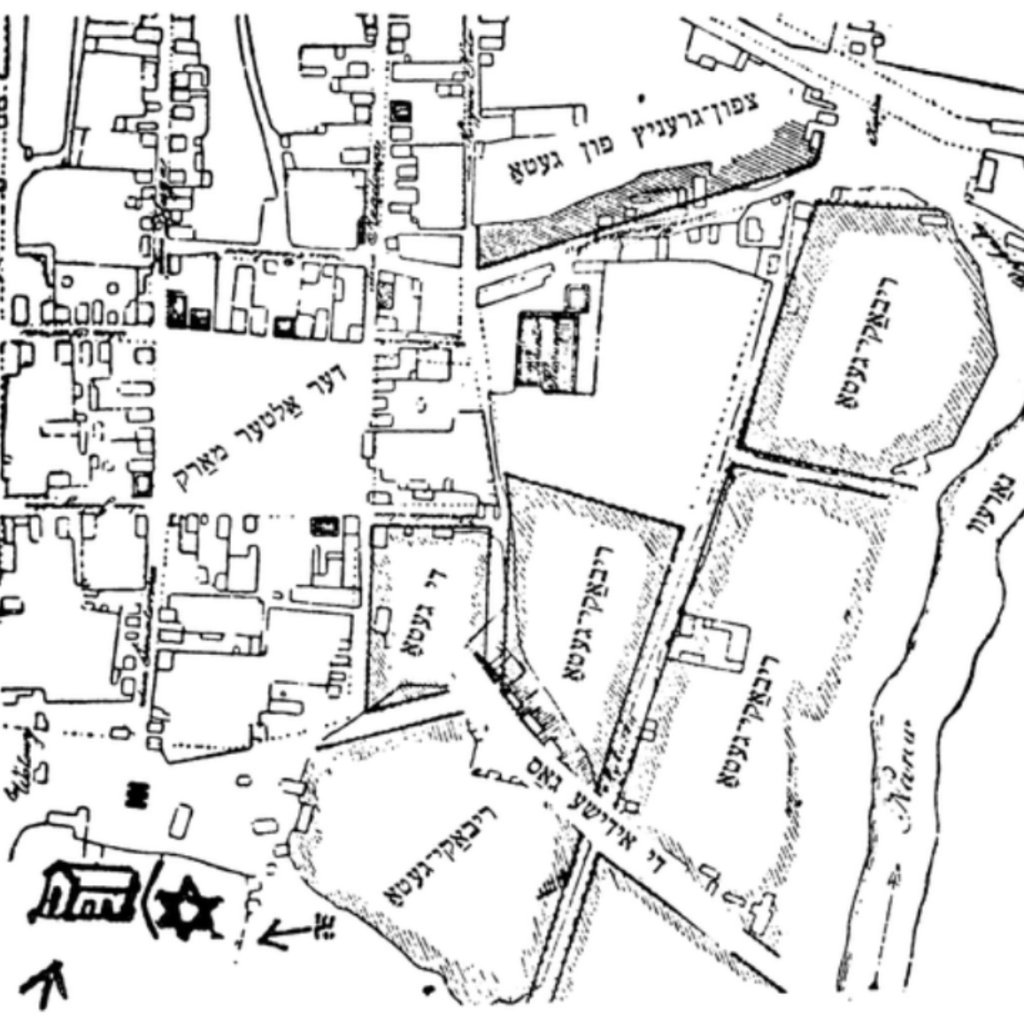
But at a university like Princeton, a mismatch between your independent research and your adviser’s area of expertise is by no means a dead end. Because of the diversity of Princeton’s academic program, there are almost definitely people on campus—whether graduate students or faculty—who can supplement your adviser’s mentorship.
Learning from Summer Experiences – Redefining Research
Since many of you (including myself) have probably started thinking about your upcoming summer plans, in this post, I wanted to do a reflection on my past summer and how my perception of research changed through that experience.

This past summer, I spent 11 weeks in Japan, which was something that was only possible thanks to Princeton’s incredibly long summer. (For readers unfamiliar with Princeton’s schedule — this happens because Princeton starts the fall semester later than most schools.)
Continue reading Learning from Summer Experiences – Redefining Research
Professorship and Mentorship: An Interview with Geosciences Professor Frederik Simons
This winter, for our seasonal series entitled “Professorship and Mentorship,” PCURs interview a professor from their home department. In these interviews, professors shed light on the role that mentorship has played in their academic trajectory, including their previous experiences as undergraduate and graduate students as well as their current involvement with mentorship as independent work advisers for current Princeton undergraduates. Here, Alec shares his interview.
~~~~~
Princeton takes great pride in its focus on undergraduate independent work, and the expectations of original research and mentorship define the academic experience of juniors and seniors. However, everyone has their own model for mentoring and their own ideas of what undergraduate research should focus on. As part of our Winter Seasonal Series, I interviewed Geosciences Professor Frederik Simons to understand the role of mentorship in his life and share his perspective on undergraduate research at Princeton. I know Frederik from our many conversations in the GEO department and I took his class GEO 422: Data Models and Uncertainty in the Natural Sciences. He is the second reader for my independent work.
Mentorship is a state of mind… You need to get into someone’s mind and understand their perspective. If you see someone who is distressed or struggling, help out a little bit.
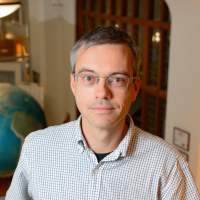
What role has mentorship played in your career, and what role does it play in your life now?
I was blessed with mentors throughout my career, a willingness to listen to advice, and the audacity to ignore it. I experienced mentorship in the form of many people looking out for me; it’s essentially about providing opportunity. Mentorship is lifelong; you are still being taken care of by other people whatever you achieve. Now I try to teach undergraduates what I think they should know and connect graduate students with opportunities.
Mentorship is a state of mind. ‘Mentor’ is from the Latin ‘mens’ for mind. You need to get into someone’s mind and understand their perspective. If you see someone who is distressed or struggling, help out a little bit. I have always enjoyed explaining stuff and helping out; it makes me feel good.
Notes on a New Semester
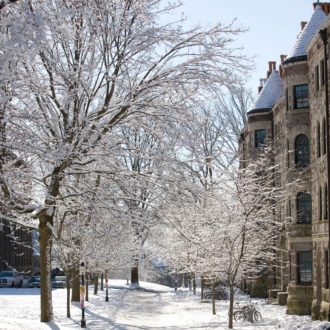
Welcome back, my fellow Princetonians! I hope that this finds you refreshed and rejuvenated as we begin the second semester. And if it doesn’t, fear not: this time of year has its own challenges, including bicker (for students who opt to join selective eating clubs), course shopping, and independent work deadlines. Thankfully, this post is aimed at a wide audience. In it, I will share a few reflections on the start of a new semester, which I hope will be of use both to the rested-and-ready as well as to the I-never-had-a-breakers among us. So, if you’re interested in beginning of the semester musings from someone who has now been through the process six times, read on! Continue reading Notes on a New Semester
The Writing Center as an Independent Work Resource
If you’re caught up on some of my previous posts, you’ll remember that I wrote my fall Junior Paper about shackling pregnant inmates in New York women’s prisons after the 2009 anti-shackling bill. I recently submitted my Junior Paper at the beginning of January, and it’s safe to say that it was a wild ride. To name a few challenges: I had to completely change my topic, I navigated tough interviews, and I spent a LOT of time editing my essay. Although I wrote a post about how to work efficiently during winter break, I pretty much ignored all of my own advice and ended up working on my JP each night, making my winter break anything but carefree and relaxing. However, I came back to school with a paper I was proud of.
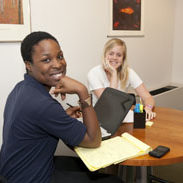
But the challenges did not stop there. This JP was my first encounter with a substantial piece of independent work, and it included a whole lot of revisions after I had completed my first full draft. After reading through the paper, I scheduled a phone conference with my professor that left me with a plethora of edits to make in a very short amount of time. I made the changes, going through the paper with a fine-toothed comb, and the day after I got back to Princeton, I went to my first-ever appointment at the Writing Center.
Continue reading The Writing Center as an Independent Work Resource
Reflections on Sophomore Fall: The Guilt of Not Constantly Working
As Princeton students, we generally like hectic schedules. As much as we complain about impossible p-sets, extensive readings, and multiple extracurriculars, we often feel as if we need to constantly be busy. Thus, we fill up every minute of our schedules because a packed schedule makes us feel as if we are pushing ourselves to constantly operate at full potential.
I intended to pack my schedule like this last semester by joining the bioengineering lab where I researched the metabolic pathways of yeast cells over the summer. (You can read more about my experience by looking at some of my previous posts). It seemed logical for me to continue working in the lab during my sophomore year, as this would provide me with both experience and extra preparation for junior independent work and eventually my senior thesis. But because of scheduling problems and sophomore funding issues, I was not able to continue working during the fall.
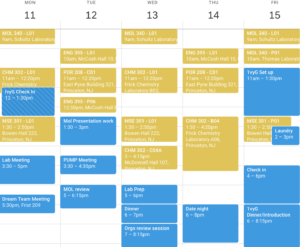
Continue reading Reflections on Sophomore Fall: The Guilt of Not Constantly Working
Asking Your Professors for Feedback
After late hours on the B-floor and that last-minute citation dash, you never want to see that Dean’s Date paper again. I know the feeling. Over the past few years, I’ve developed the terrible habit of sending in my papers before reading them over – in a short-sighted attempt to avoid confronting my mistakes. But sometimes, as I’ve learned, the final draft can offer the most important learning opportunities.

In my experience, very few professors share feedback on final papers beyond the letter grade. And there is something satisfyingly simple about the “grading machine” – send a paper in one end and receive a letter grade on the other. However, this process obscures some of the more personal and pedagogical elements of an instructor’s grading.
Professors dedicate a significant chunk of their time each semester to reviewing and grading students’ work. They’re expert readers, writers, and researchers – you don’t want to miss this opportunity to receive their feedback. Each professor’s approach to feedback is different, but I can almost guarantee that they’ll have something insightful to say about your final project.
How to Make a Successful Research Presentation
Turning a research paper into a visual presentation is difficult; there are pitfalls, and navigating the path to a brief, informative presentation takes time and practice. As a TA for GEO/WRI 201: Methods in Data Analysis & Scientific Writing this past fall, I saw how this process works from an instructor’s standpoint. I’ve presented my own research before, but helping others present theirs taught me a bit more about the process. Here are some tips I learned that may help you with your next research presentation:
More is more
In general, your presentation will always benefit from more practice, more feedback, and more revision. By practicing in front of friends, you can get comfortable with presenting your work while receiving feedback. It is hard to know how to revise your presentation if you never practice. If you are presenting to a general audience, getting feedback from someone outside of your discipline is crucial. Terms and ideas that seem intuitive to you may be completely foreign to someone else, and your well-crafted presentation could fall flat.
Less is more
Limit the scope of your presentation, the number of slides, and the text on each slide. In my experience, text works well for organizing slides, orienting the audience to key terms, and annotating important figures–not for explaining complex ideas. Having fewer slides is usually better as well. In general, about one slide per minute of presentation is an appropriate budget. Too many slides is usually a sign that your topic is too broad.
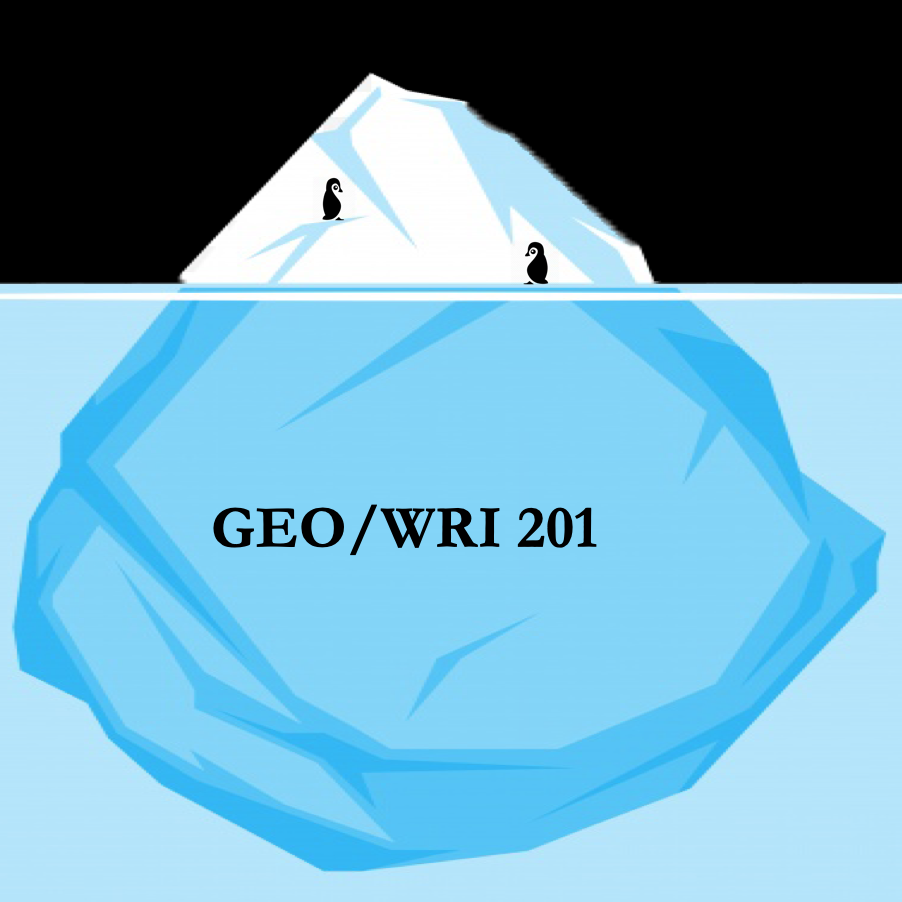
Continue reading How to Make a Successful Research Presentation
Working With Books in Preparation for Finals

Books are, in many ways, at the center of the college experience—particularly for my fellow students of the humanities and social sciences. At Princeton in particular, books are both the subject of many conversations and the object of much loathing (“Can you believe Professor X assigned us a whole book on top of next week’s reading?”). So, inspired by my own recent work with books in preparation for reading period and finals, I thought I’d use my post this week to discuss some ways to digest and analyze these valuable sources of information. Continue reading Working With Books in Preparation for Finals

